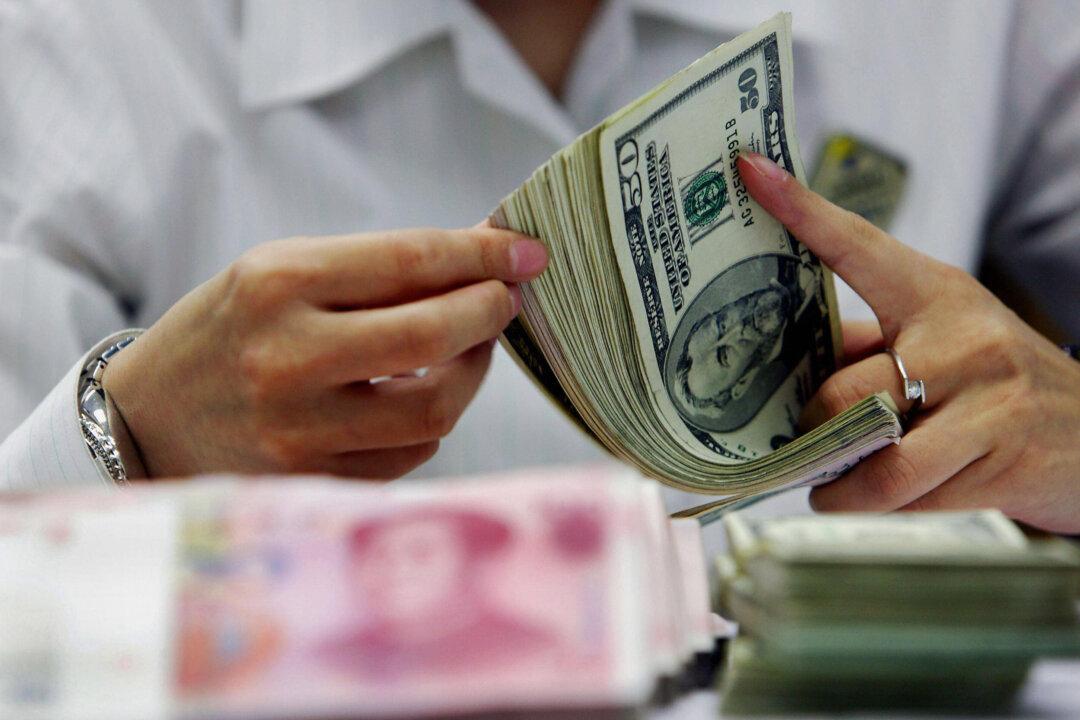News Analysis
The Chinese yuan was on a roller coaster from late March to early April amid colossal depreciation pressure interventions from the Chinese Communist Party (CCP), which is seeking to “monetize the fiscal deficit.”

The Chinese yuan was on a roller coaster from late March to early April amid colossal depreciation pressure interventions from the Chinese Communist Party (CCP), which is seeking to “monetize the fiscal deficit.”